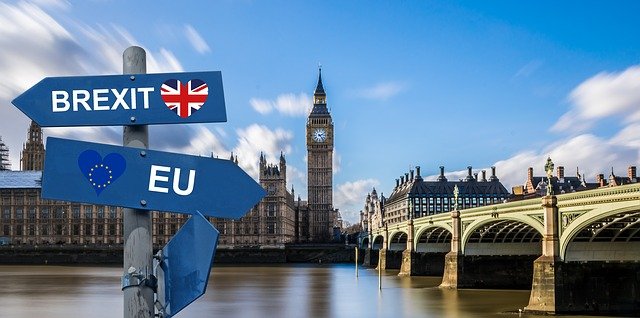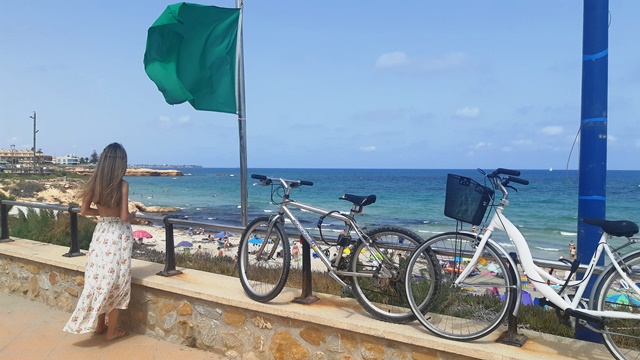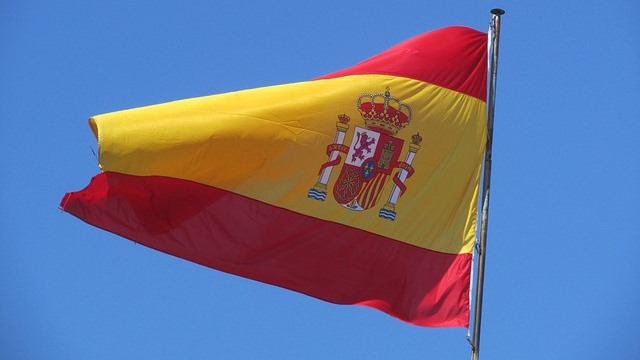Theresa May’s position as Britain’s Prime Minister has become increasingly untenable as members of her own party colludes to remove her from office, following her inability to negotiate satisfactory terms for Brexit negotiations.
To date, there are forty Conservative MPs willing to sign a letter of censure to Theresa May and with 48 signatures required to carry a vote of no confidence, political commentators believe it won’t be long before Mrs. May is forced to resign by her own party.
However, in the face of increasing dissent in the Tory ranks, May remains firm that Brexit will take place on March 29, 2019 at 23.00 GMT.
British Public More Divided over Brexit than Before Referendum
The EU has interpreted the political division in the UK over Brexit as implying a strong possibility of it not taking place and for that reason is calling for a strategy to be planned for that eventuality.
EU negotiator Frenchman Michel Barnier, recently acknowledged that he does not rule out the failure of negotiations for the United Kingdom to leave the Union, saying that:
“It is not my preferred option, but it is a possibility, everyone has to plan, both the states and the companies, we are also making technical preparations for it, on March 29, 2019 the United Kingdom will be a third country”, Barnier said in recent statements published the French weekly Le Journal du Dimanche.
Future Trade Relationship between UK and EU Remains Uncertain
The negotiator said that at the mid-December summit there should be an agreement on various aspects, but indicated that, although progress has been made, it still cannot be taken for granted, so did not rule out the postponement of the deadline, should there be sufficient consensus within the Tory party.
In that case, the negotiations are likely to take “at least two years to conclude,” said Barnier, who warned of the consequences of a collapse in areas such as “the ability of British aircraft to land in Europe”, which has been highly controversial in the British media.
If no agreement is reached, the negotiator said EU relations would be those marked by the World Trade Organization (WTO) and compared with those with China.
He reiterated the will of Brussels that the United Kingdom remain in the customs union and the single market, but recalled that the British Prime Minister, Theresa May, is committed to a trade agreement.
Another point of divergence with the British government is its future border with Ireland, an issue in which Barnier was in favour of not creating a hard border and “do nothing to weaken the peace process”.
Reciprocal Deal for EU Citizens in Britain and Expats in EU Still on the Table
The government has taken recent measures to reassure concerned Europeans living and working in the UK, by guaranteeing that anyone living in the UK before an unspecified cut-off date will receive settled status giving them the same access to education, healthcare, benefits, pensions and social housing as Brits.
The government has also reiterated its intention of agreeing a reciprocal deal to protect the more than 1 million UK nationals living and working in the EU.
However, as yet no agreement has been reached in floundering Brexit negotiations, which are now the subject of a parliamentary inquiry over the Government’s lack of progress.
Campaigners have been unconvinced by the protections announced so far, saying they want their rights guaranteed for life under the European Court of Justice to prevent a future government rolling back assurances. Protesters called for a “free and simple registration process” ensuring the 3.2 million EU citizens in the UK and 1.2 million British expats in the EU retain their current status for life.





